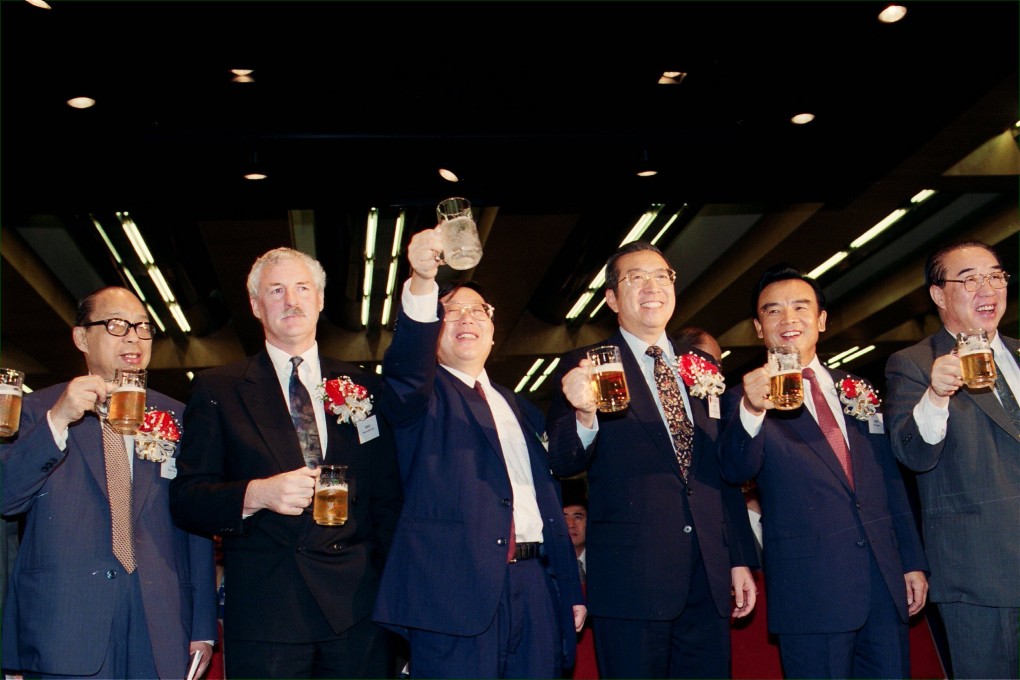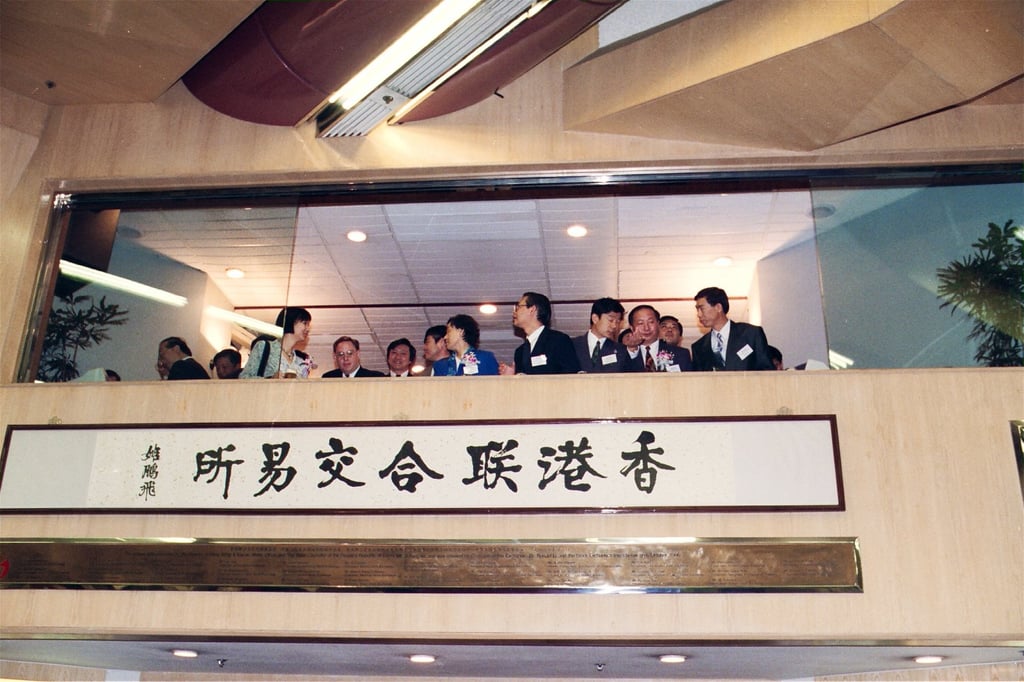Advertisement
How Tsingtao’s IPO in Hong Kong turned on the tap for 30 years and US$1 trillion of Chinese offshore listings
- The brewer’s IPO was a big success, oversubscribed by more than 110 times, lifting Tsingtao’s stock price by 29 per cent on debut day
- It ‘reflected the rapid development of the mainland’s economy over the past 30 years, and the thriving growth of Hong Kong’s financial market,’ said Kenny Ng Lai-yin, of Everbright Securities
Reading Time:4 minutes
Why you can trust SCMP
1

Three decades ago today, a Chinese brewery founded by German settlers offered an unusual toast on the trading floor of the Hong Kong stock exchange.
Instead of the typical flutes of champagne for cheering stock debuts, Tsingtao Brewery handed out glass mugs filled with its namesake beer for guests to celebrate its HK$889 million (US$114 million) initial public offering (IPO), the very first offshore share sale by a China-domiciled company.
Hong Kong had never seen anything like this. The trading floor turned into “bedlam,” as dozens of journalists, photographers and TV camera crew jostled with up to 100 regulators, company executives and government officials in a “melee,” according to the Post’s 1993 report on Tsingtao’s debut.
The IPO was a success, with investors outbidding the number of available shares by more than 110 times, lifting Tsingtao’s stock price by 29 per cent on debut day. The triumph paved the way for China’s subsequent financial reforms in the following decades, using Hong Kong as the stepping stone in each critical step of the capital market’s growth.

Tsingtao’s IPO “reflected the rapid development of the mainland’s economy over the past 30 years, and the thriving growth of Hong Kong’s financial market,” said Kenny Ng Lai-yin, a strategist at Everbright Securities International.
Advertisement